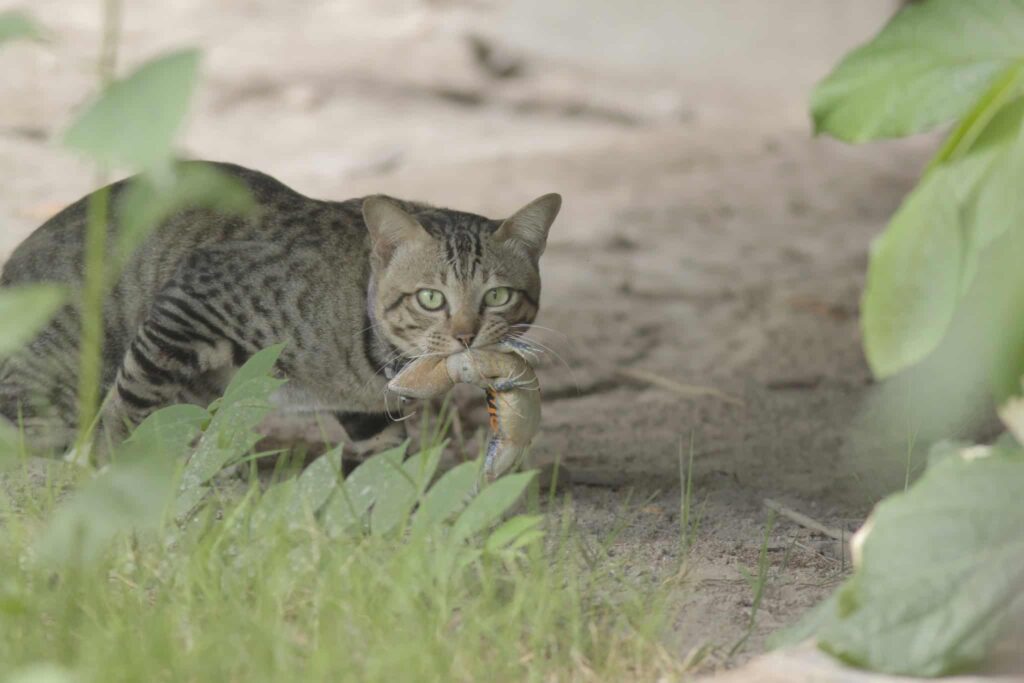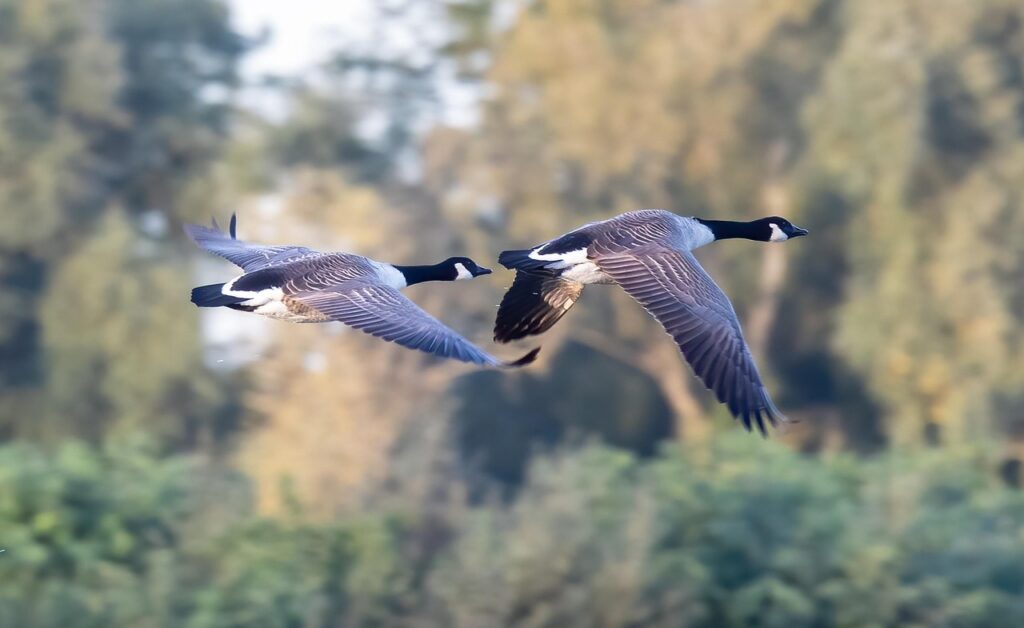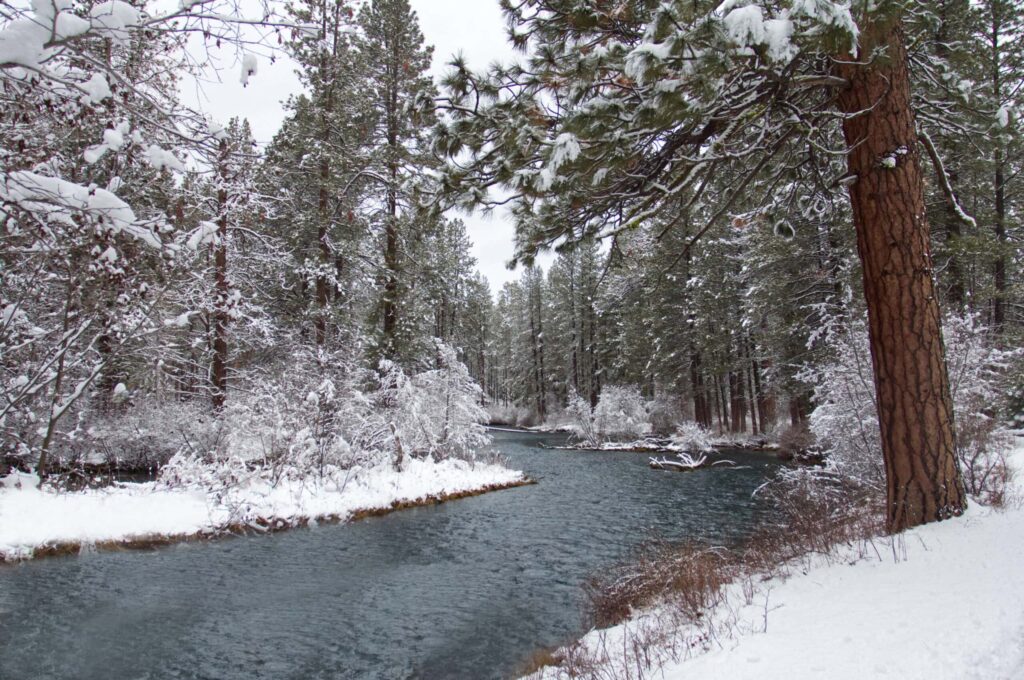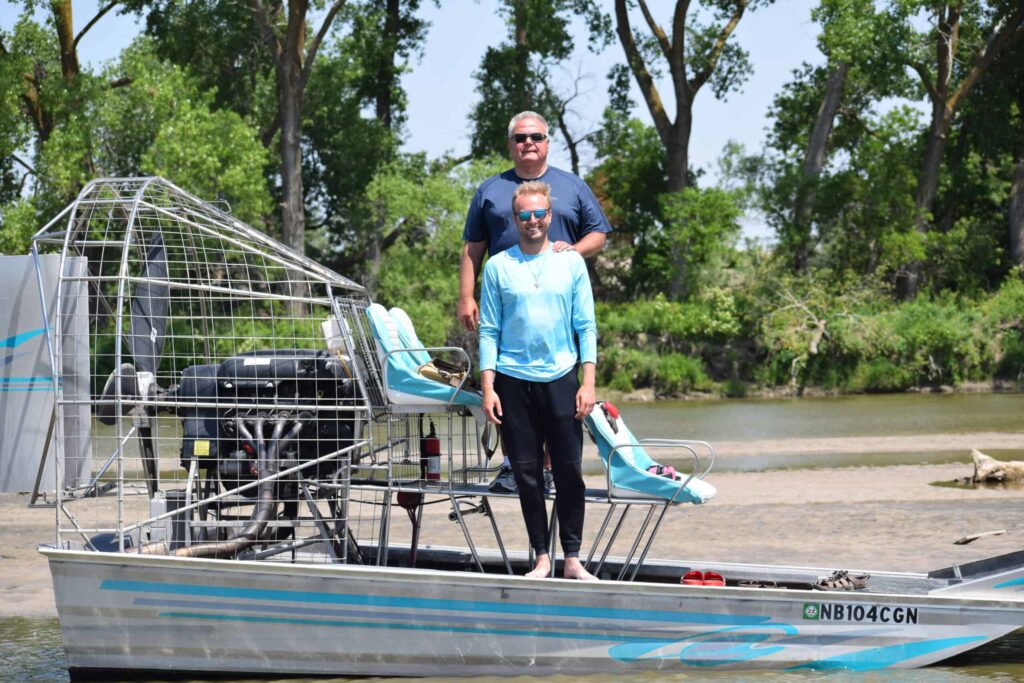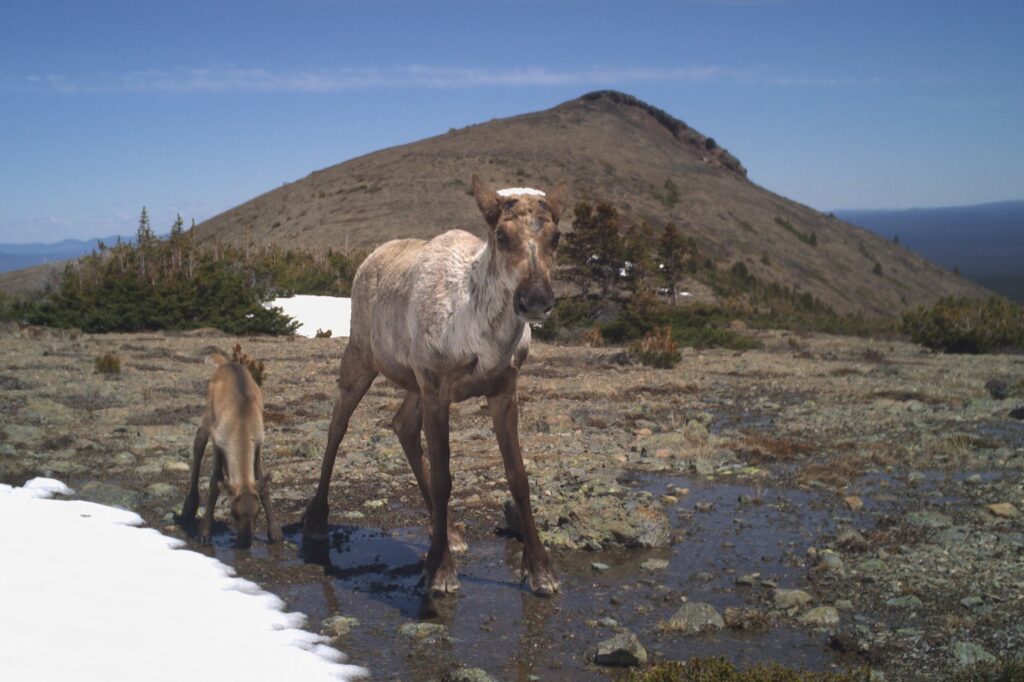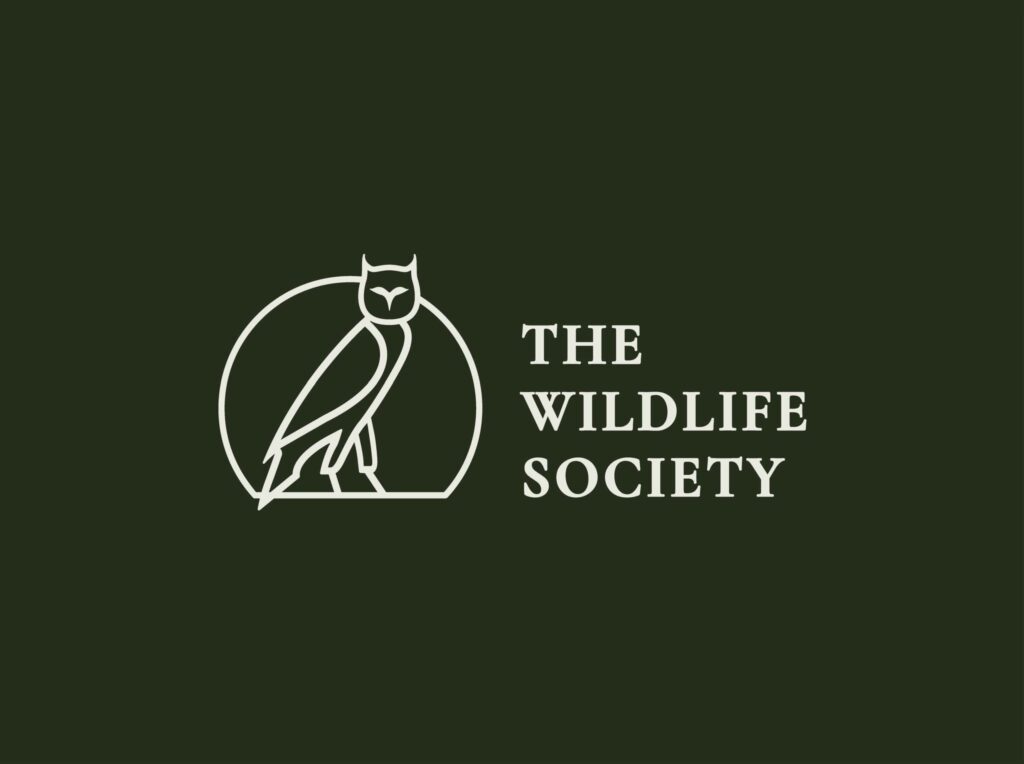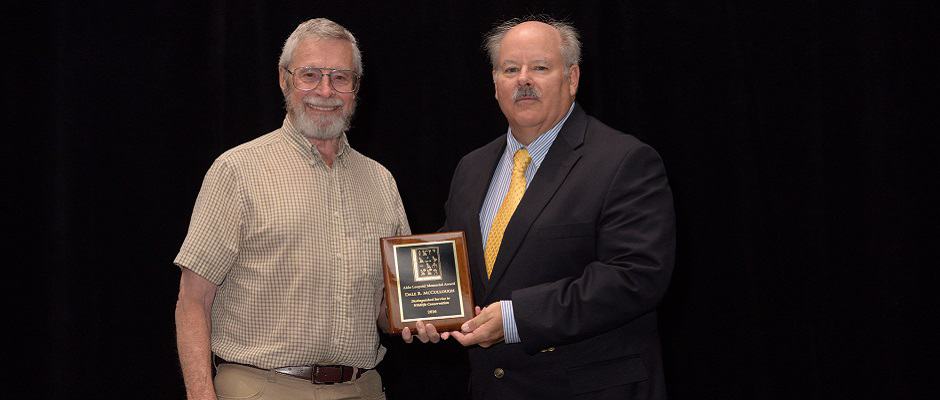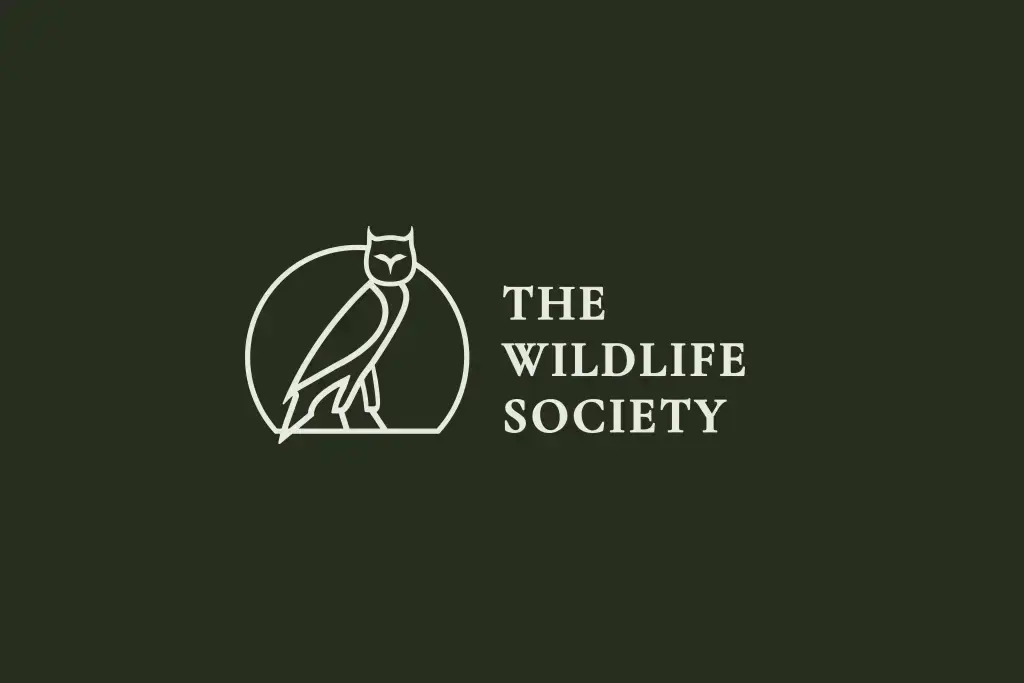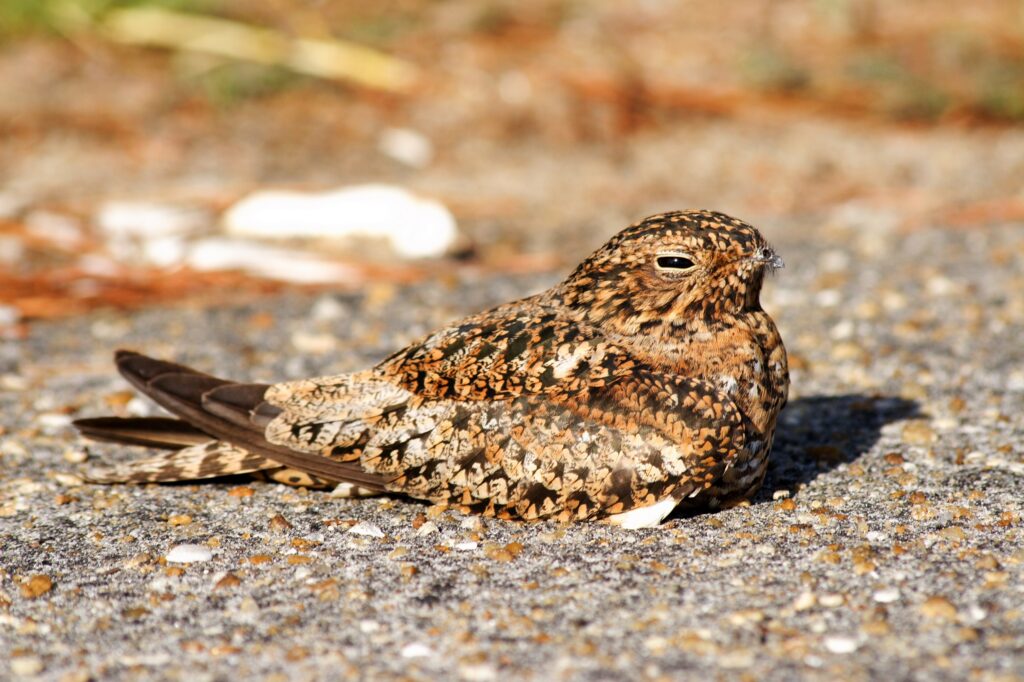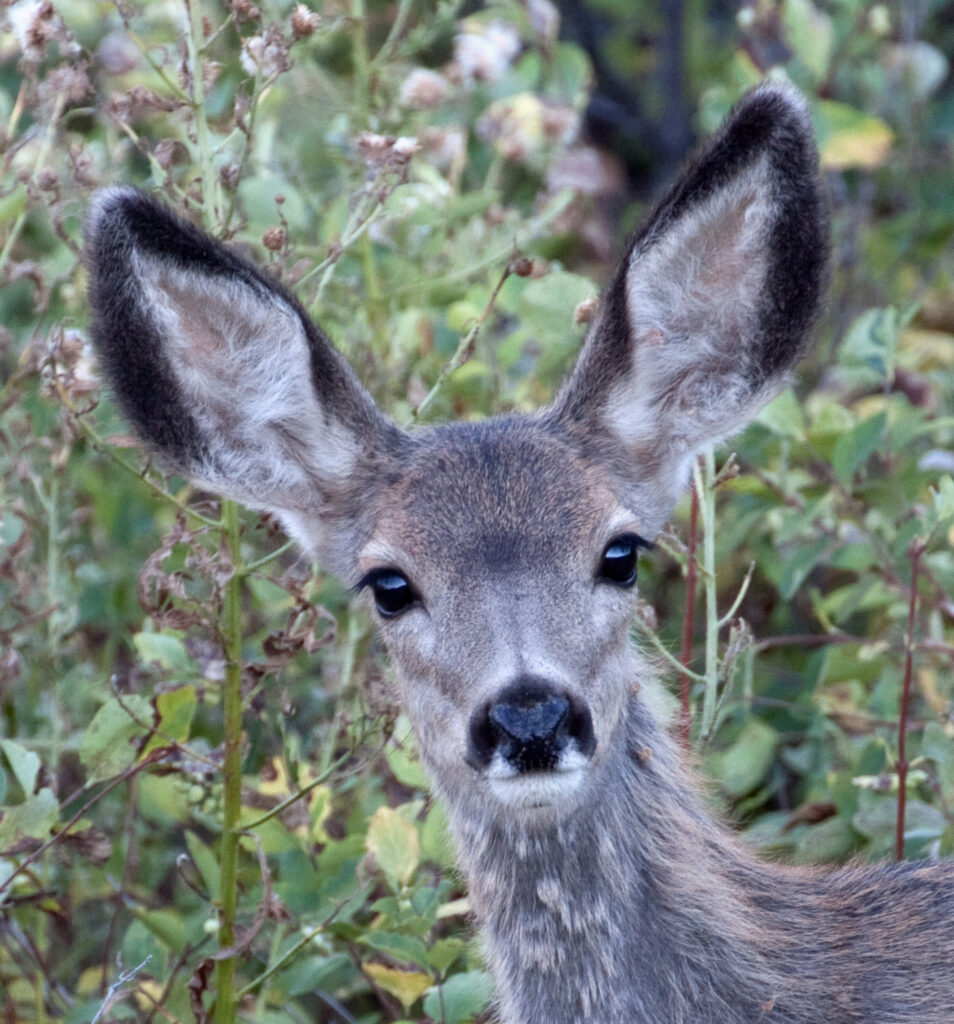Registration for The Wildlife Society’s 24th Annual Conference in Albuquerque, New Mexico, is now open! Members can register through Your Membership. For more information on the conference, and non-member registration, click here.
Everybody is brought up in some type of cultural background — but can those hinder the quest for new areas of research?
Last year’s Aldo Leopold award winner Dale McCullough plans to discuss how culture can cause resistance when new scientific results contradict conventional wisdom in his keynote address at The Wildlife Society’s 24th annual conference in September.
Sometimes, McCullough said, conventional wisdom “turns out to be more conventional than wisdom.”
McCullough earned a bachelor’s degree in wildlife management from South Dakota State University, a master’s degree from Oregon State University and a doctoral degree in zoology from the University of California Berkeley, where he retired as Professor Emeritus in 2004. He has published 10 books and many other publications.
After obtaining his PhD in 1966, McCullough joined the faculty at the University of Michigan, Ann Arbor, and spent the next 28 years researching white-tailed deer on the E.S. George Reserve in Livingston County, Michigan. and working with graduate students on a variety of species. In 1980, he returned to UC Berkeley for a joint appointment in the Department of Environmental Science, Policy and Management and the Museum of Vertebrate Zoology. There, he conducted studies on black-tailed deer and coyotes at Hopland Field Station in California’s north coast region. McCullough has also studied large mammals in Taiwan, kangaroos in Australia, giant pandas in China, Amur leopards and Siberian tigers in Russia.
“I tried to do good science on projects that also had consequences for how we thought about management and conservation,” McCullough said.
Throughout his work, McCullough noticed his findings sometimes challenged conventional wisdom within the field and were hard to accept by other professionals.
“I was dealing with internal culture within the profession,” he said.
McCullough will discuss how his work on white-tailed deer challenged existing ideas about how population density regulated population growth. He will also provide examples about his work on coyotes and domestic sheep, which contradicted federal coyote control programs. “A number of people were invested in those programs and have been following those policies and management actions for a long time,” he said.
McCullough said he will challenge attendees to question themselves and their preconceptions and hopes they will learn from his examples.
“I hope they have a stronger understanding of the role of science in guiding good management and conservation,” he said.
See the full abstract and session details here, and visit twsconference.org to download the complete educational and training program for this year’s conference.
Article by Dana Kobilinsky